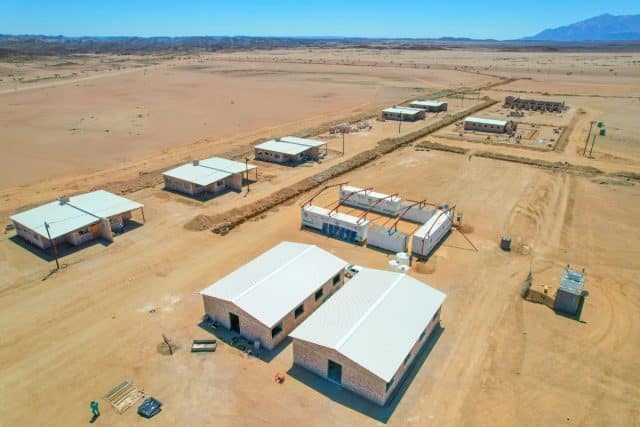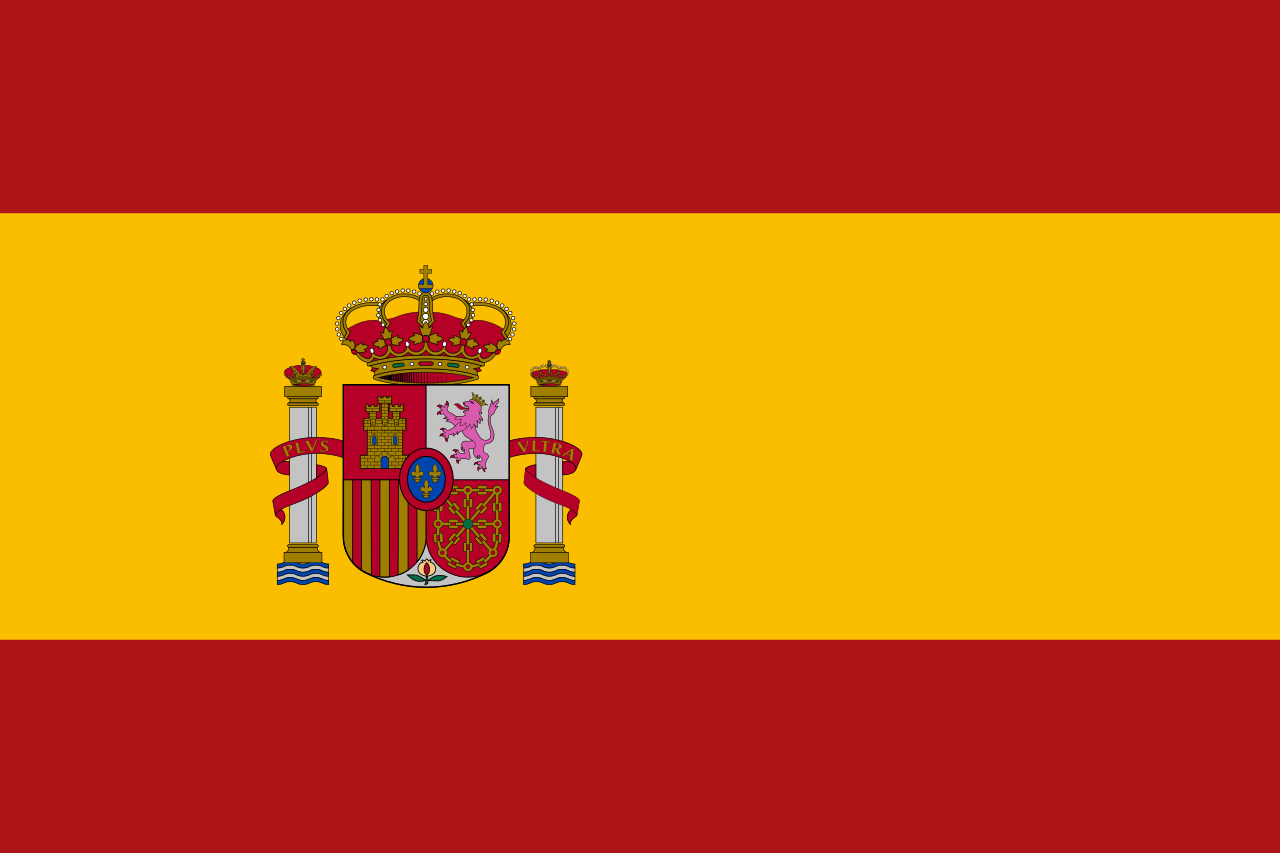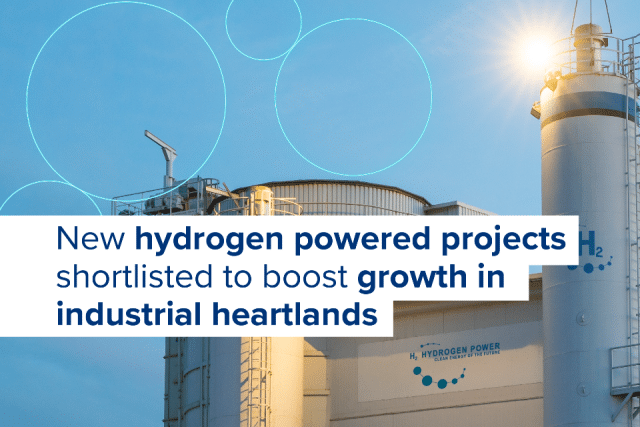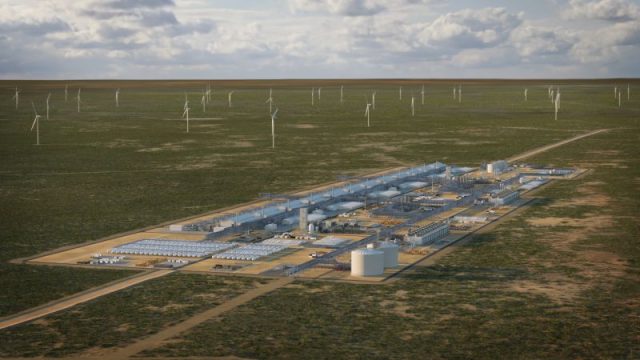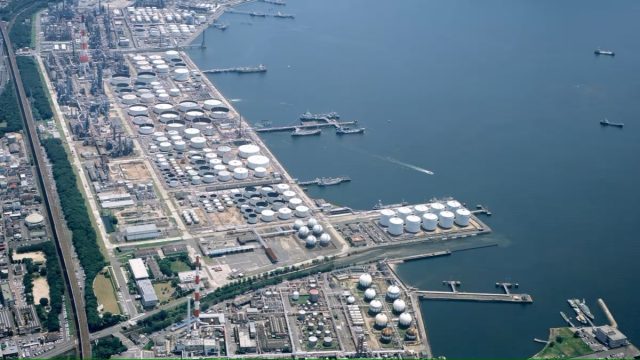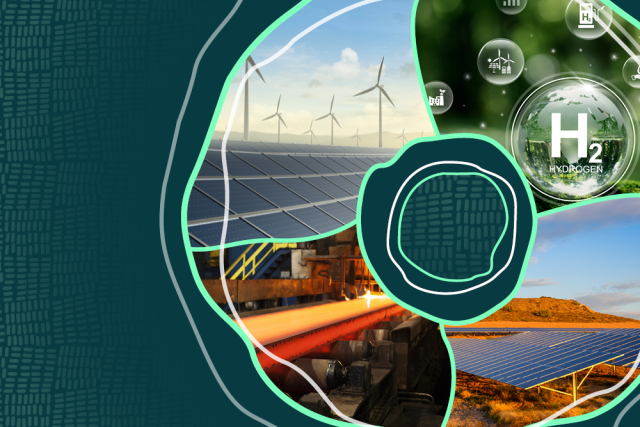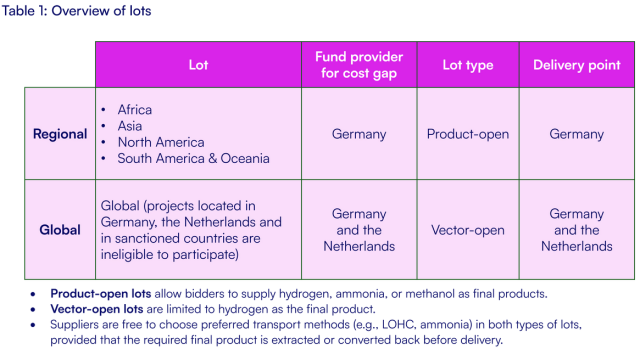H2Global: supply-side auctions underway for regional renewable hydrogen and ammonia projects
Hintco is inviting applications from renewable hydrogen and related fuel producers to participate in its supply-side auctions focussing on bidders from Africa, Asia, America & Oceania, and North America.



